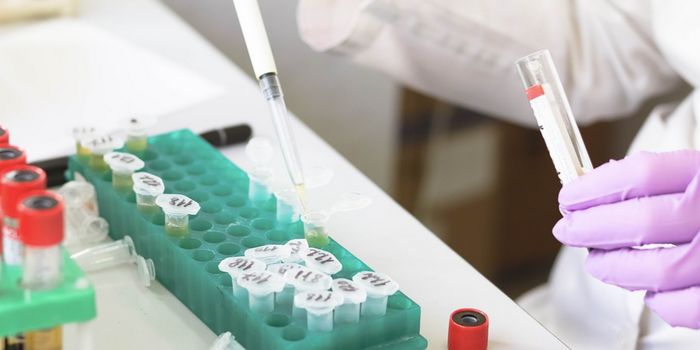Dietary Supplements are Severely Harmful for Young Adults
Young people are a target market for dietary supplements for weight loss, muscle building, energy, and more. A team of researchers aimed to determine the relationships between dietary supplements and adverse health impacts in children, adolescents, and young adults. The results of this observational study were published last week in the Journal of Adolescent Health.
According to a press release from Harvard Chan School of Public Health, the study determined that compared with vitamins, dietary supplements for weight loss, muscle building, and energy are linked to nearly three times as many severe medical outcomes in young people. Supplements linked to sexual function and colon cleanse were linked to two times the risk for severe medical outcomes, compared to vitamins.
To determine these impacts, the research team conducted an observational study using reports of adverse events between January 2004 and April 2015 using the U.S. Food and Drug Administration Adverse Event Reporting System on food and dietary supplements database. “Severe medical events” were defined as death, disability, life-threatening events, hospitalization, emergency room visits, and required intervention to prevent permanent disability.
Researchers discovered 977 single-supplement-related adverse events reported for the target age group of 0 to 25. Most of the adverse events occurred in young adults aged 18 to 25. Approximately 40% of those reports included severe medical outcomes such as hospitalization and life-threatening events—22 of which were deaths.
Lead-author Flora Or told the New York Times that what we are seeing is just the tip of the iceberg. She stated, “There is huge underreporting with these adverse events. Many physicians don’t report these things.”
The study’s authors suggest proactive enforcement to reduce access and consumption of dietary supplements among children, adolescents, and young adults. In the press statement regarding the study, co-author S. Bryn Austin—a professor in the Department of Social and Behavioral Sciences—stated: “How can we continue to let manufacturers of these products and the retailers who profit from them play Russia roulette with America’s youth? It is well past time for policymakers and retailers to take meaningful action to protect children and consumers of all ages.”
Sources: Harvard Chan School of Public Health, Journal of Adolescent Health, TIME, NY Times








